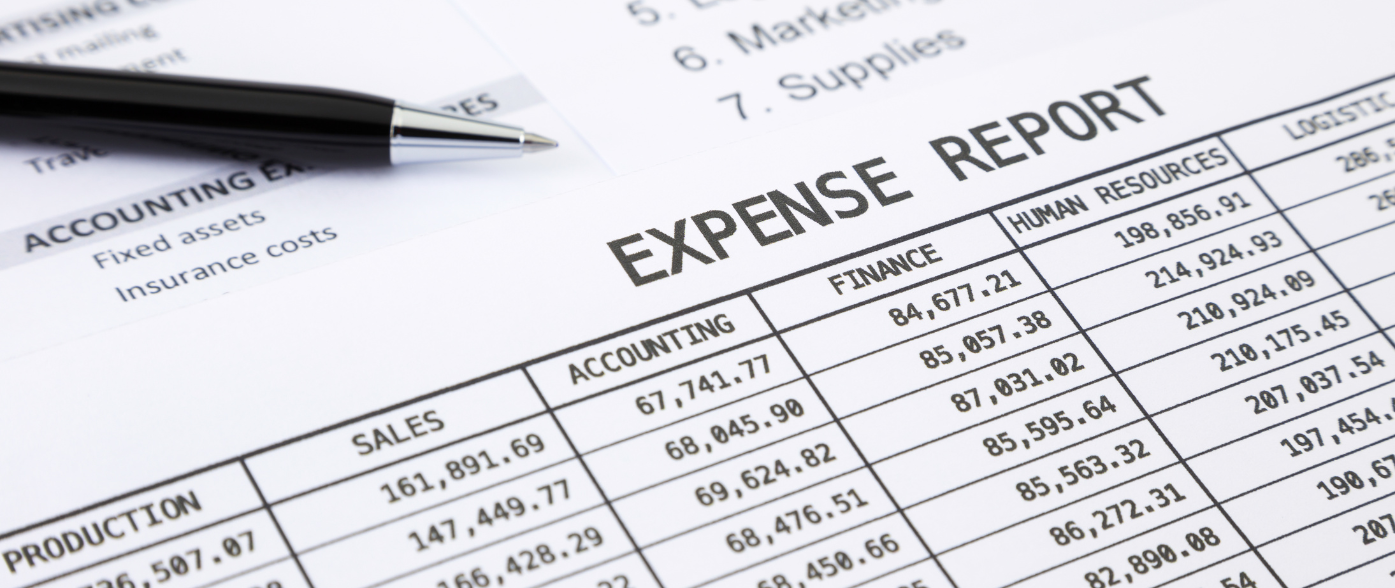Thinking of opening a supermarket? How much tax can you save?
- TBA
- Jul 17, 2024
- 3 min read
Did you know that opening a supermarket can indeed yield unexpected tax benefits?
England and Wales have implemented major reforms to business rates, revaluing over 500,000 retail properties across the UK, resulting in a 10% decrease in value—most supermarkets benefit from this, resulting in significant savings.
Data shows that the latest structural adjustment has reduced the taxable value of large chain supermarkets from £2.86 billion to £2.43 billion the following year.
Apart from government support, supermarket owners also have various ways to save on operating costs – let’s find out more!
1. Supermarket tax obligations
Like other types of companies, the taxes that the retail industry in the UK needs to pay depend on the company structure and specific circumstances. Generally, the following aspects are involved:
Corporation Tax (if your supermarket is operated as a limited company, you need to pay corporation tax)
Income Tax (sole proprietors or partners need to pay income tax on profits)
National Insurance (for employers and employees)
Value-Added-Tax (VAT) (including zero-rated, reduced-rate, and standard-rate items)
Business Rates (if your supermarket operates in a retail or office location, you likely need to pay business rates)
2. Saving on taxes – allowable business expenses
Each year, when calculating profits, HMRC allows owners to deduct some business expenses from their profits to reduce the taxable amount—these are called ‘Allowable Expenses’.
So, what business expenses can be used to offset tax when running a supermarket in the UK?
Shop-related costs
If you rent or buy a commercial property for your supermarket, all related costs can be considered business expenses. These include rent, mortgage interest, repairs, utilities, and cleaning costs.
If you run an online store, allowable expenses include domain names, security certificates, and software or platforms required to operate the site.
Equipment
You need various equipment to run a supermarket, all of which can be considered allowable expenses. These include:
Cash registers
Computers
Self-checkout machines
Inventory software
Furniture/fixtures
Third Expense: Cost of Goods Sold
Expenses for purchasing or producing goods can be claimed as deductions. Other costs related to selling goods, like delivery charges, can also be included if the customer hasn’t paid for them.
Uniforms
If you provide uniforms for your employees to maintain a professional image, remember to count these as allowable expenses. HMRC allows deductions for specific work clothing required for employees.
Home Office Costs
If you run an online store from home, you can claim a portion of your home office expenses, such as internet, electricity, heating, and phone bills, as allowable expenses.
Travel
If you travel outside your regular work location to sell goods, these travel expenses can be used to offset taxes. For example, attending trade fairs or meeting new suppliers.
Insurance
Running a supermarket requires various types of insurance, such as public liability insurance, property insurance, and employer’s liability insurance. All commercial insurance costs can be claimed as allowable expenses.
Marketing
Promoting your business incurs costs, which can also be deducted. This includes social media ads, signage permits, and other marketing expenses.

3. Utilising tax relief schemes
The UK government offers various tax reliefs and reductions to encourage retail businesses, such as R&D tax credits and qualifying expenditure deductions. Small supermarkets may also qualify for small business rate relief to reduce business rates.
Stay updated on all available incentives and relief measures!
4. VAT schemes
Consider which VAT scheme best suits your business. For example, the Flat Rate Scheme simplifies VAT calculations for small businesses.
5. Employee benefits
Providing benefits to employees not only attracts talent but also reduces operating costs by saving on National Insurance Contributions (NICs).
Properly managing salaries and benefits can help minimize NICs for both employer and employees.

6. Maintain Proper Records
Regardless of the tax-saving strategy you choose, it’s crucial to maintain accurate and organized financial records. HMRC allows you to deduct business-related expenses from your profits, but they have strict rules on what can be claimed. Ensure you keep all invoices and receipts.
A word from TB Accountants
If you are running or planning to run a supermarket, it’s essential to understand tax rules in advance as they can be incredibly complex.
You should also always keep detailed records of all business expenses from the start, including income, expenses, purchases, sales, and VAT transactions. Maintain invoices, receipts, bank statements, payroll records, and other relevant financial documents. These records will help with tax filing and serve as evidence during audits or investigations.
Retailers face complex tax regulations, but if you encounter any issues running a supermarket or any other retail business, please contact TB Accountants for professional advice and services from our tax experts.
